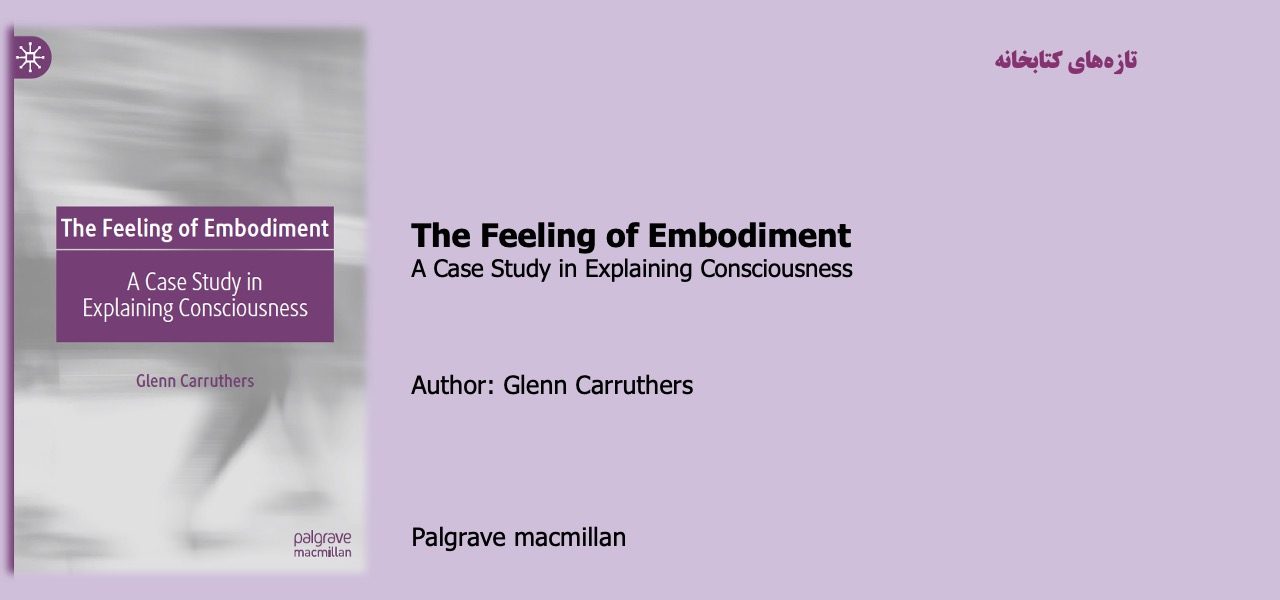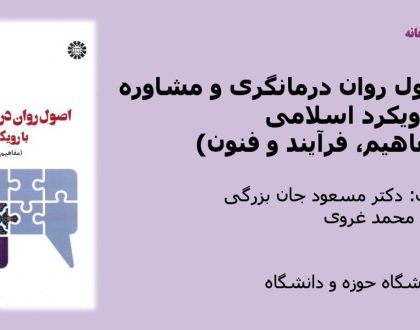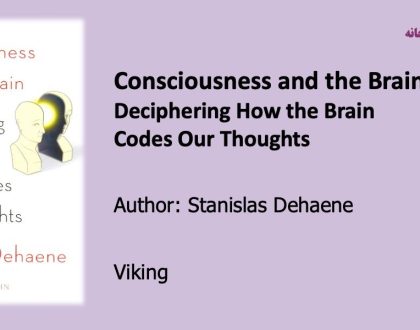The Feeling of Embodiment

A Case Study in Explaining Consciousness
The problem of consciousness has been with me just about as long as I can remember. At some point, my best guess is in 1990, mum asked me if I thought the mind was just the activity of the brain or if it was something more. My answer was wrong. Hopefully I am less wrong now. I shied away from the question for a long time, determined to study cosmology instead. But, I’m glad I returned to questions about the nature of the mind and consciousness as an adult. It is a very special kind of question after all. Perhaps this is because we tend to think of consciousness as a very special kind of thing. When Geordi LaForge asks the Enterprise-D computer to build a Holmes style problem capable of defeating Data, the computer doesn’t simply create a more complex problem, nor does it give Moriarty any spectacular superpowers. Instead it makes a conscious Moriarty. Even if I am not inclined to think of consciousness as a kind of magical necessity for creativity and learning, I do agree that being conscious is a pretty special thing. Not everything is conscious, but for those things that are conscious, especially those things that are able to reflect on or think about their own consciousness, that consciousness at least seems to be a defining feature. If we explain our consciousness, we explain something important about ourselves. We know more about what we are, that’s why the conscious Moriarty was such a significant tool in Data’s arc of discovery in his quest to understand humanity.
مطالب مرتبط

اصول روان درمانگری و مشاوره با رویکرد اسلامی (مفاهیم، فرآیند و فنون)
۲۶ / بهمن / ۱۴۰۳

آموزش مهارت نوشتن از منظر شناختی
۲۶ / بهمن / ۱۴۰۳


